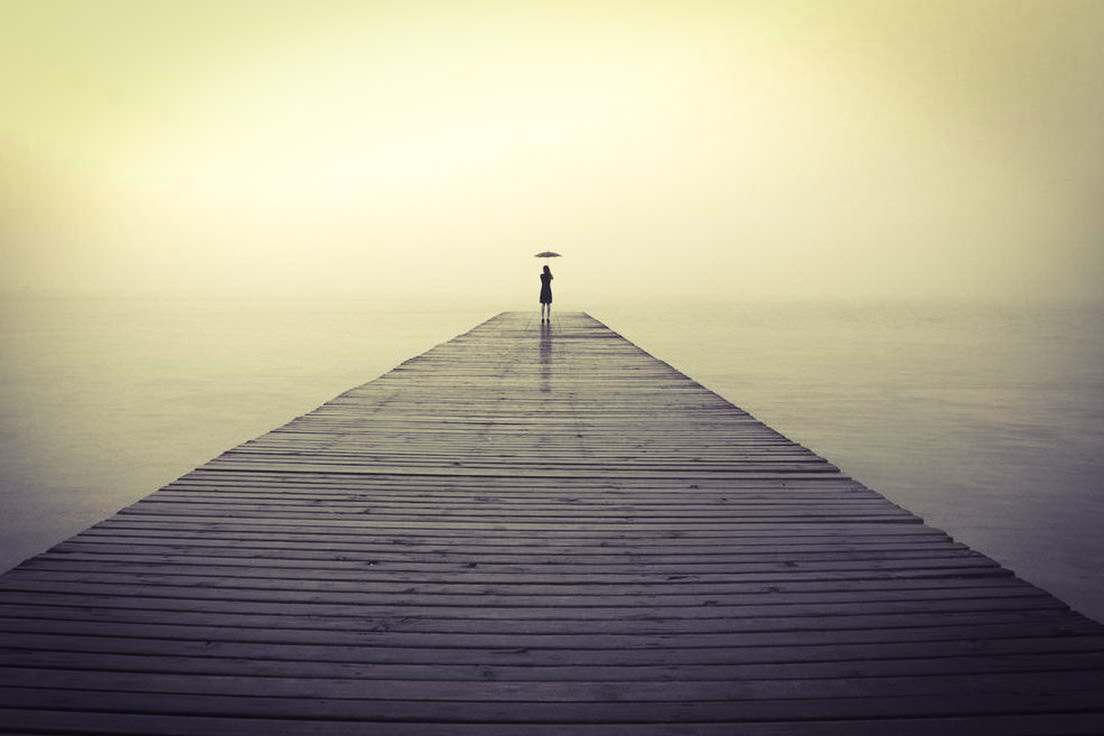cross-posted from: https://hexbear.net/post/1882413
Hi! I am a member of a race education group in my school (11 to 18) and we are creating a reading list for the library. Our library isn’t very diverse right now (most books are written by white people about the West) and we need books on race education (privilege, discrimination, etc.) and on the history (precolonial, colonial and postcolonial, could be on neocolonialism too) and culture of underrepresented people.
Please keep in mind that these books should be acceptable by the school and approachable by students who would be unlikely to accept or read very progressive material, so themes that strongly (just strongly) contradict Western narratives should be avoided.
For example, a book on the colonisation of Palestine that exposes the oppressive nature of Zionism is mostly fine, but a book presenting Hamas as a liberation group would not be accepted (and actually illegal in my country).
You can reply with books or other reading lists that we could then review and add. I’ll finish this post with some examples of books on the reading list (keep in mind that it was for Black History Month, so all of the examples are on black people):
African Empires by Lyndon, Dan
Black Power: The Politics of Liberation In America by Carmichael, Stokely; Hamilton, Charles V
I Heard What You Said by Boakye, Jeffrey
The Assassination of Lumumba by Witte, Ludo de.
White privilege: the myth of a post-racial society by Bhopal, KalwantThanks in advance!
The Hundred Years’ War on Palestine: A History of Settler Colonialism and Resistance, 1917–2017 by Rashid Khalidi 👍
Thanks! Added to the reading list. This book will be even more relevant given the war in the Middle East right now.
I read “The Colour Purple” at around 14 and it had a big impact on me. Lots of opportunities to discuss race, slavery, inequality in general.
I also read Uncle Toms Cabin around the same age which I found much harder to connect with but others in my class found that very impactful.
Thanks! Added to the reading list.
I read “The Colour Purple” at around 14 and it had a big impact on me. Lots of opportunities to discuss race, slavery, inequality in general.
It’s very welcoming to see LGBTQ+ characters, especially with the similarities of their liberation with non-white people.
I also read Uncle Toms Cabin around the same age which I found much harder to connect with but others in my class found that very impactful.
Good choice; this book seems to have had had a very positive impact on slavery and the dehumanisation of black people.
Despite being the root cause of a few stereotypes of black people, it is notable that the black people in the novel actually have character development throughout that breaks at least some of those stereotypes.
(Posted from an alt. account because of federation issues.)
Despite being the root cause of a few stereotypes of black people, it is notable that the black people in the novel actually have character development throughout that breaks at least some of those stereotypes.
We actually had some great discussions about this, about the changing nature of acceptability, it’s made me much happier to adjust my vocabulary over the years and to consider the way I speak.
I said it didn’t really impact me but actually, looks like it actually did a bit!
All the more reason to provide these kinds of books to people - especially young people - to educate them in many ways that the school curriculum fails to.
@temp_acc hi! I’ll give you a list of non-fiction books that relate to the colonialism/history side of it:
Telling The Truth About Aboriginal History by Bain Attwood
King Leopold’s Ghost by Adam Hochschild
Bury My Heart At Wounded Knee by Dee Brown
Histories of the Hanged by David Andersen
Britain’s Gulag by Caroline Elkins
Unthinking Eurocentrism by Ella Shohat and Robert Stam
Struggle Without End by Ranginui Walker
Exterminate All The Brutes by Sven Lindqvist
Most of these are fairly straightforward to read and should be okay for the older students in your group. Unthinking Eurocentrism gets a bit theoretical in places, but I think it’s worth a try because it talks about how white westerners view everyone else from their own perspective. Hit me up if you want fiction recs.
Many thanks for all the recommendations! Added all of them to the reading list. We are also interested in fiction recommendations, too
Unthinking Eurocentrism by Ella Shohat and Robert Stam
I’m especially interested in this book as the history of the world in a postcolonial view. How suitable could this book be for younger readers (11 to 14) in your opinion?
(Posted from an alt. account because of federation issues.)
I think Man’s Search for Meaning by Victor Frankl is an excellent introduction to the subject.
Thanks! Greatly appreciate a book on the evils of Nazism and racially-oppressive systems. What aspects would you say help educate people on race? (Posted from an alt. account because of federation issues.)



